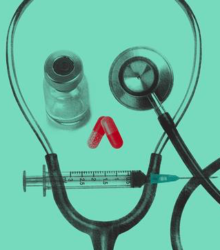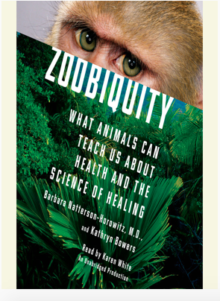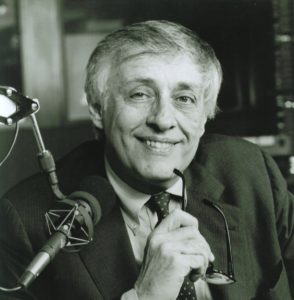
The Science Of Sleep
With James Herdegen, Kristen KnutsonAdded 4.11.19. Milt delves into sleep with two experts: James Herdegen and Kristen Knutson. At the time of the broadcast he was director of the Sleep Science Center at University of Illinois-Chicago, and she was a biomedical anthropologist and professor of medicine at University of Chicago. Together they explore the science of sleep, including questions such as: Do fish sleep? How is sleep measured? What are the causes and remedies of sleep disorders? And much more.








